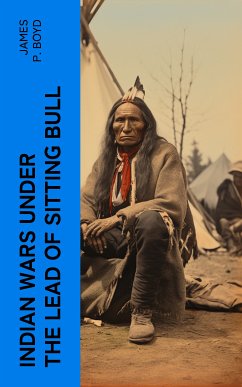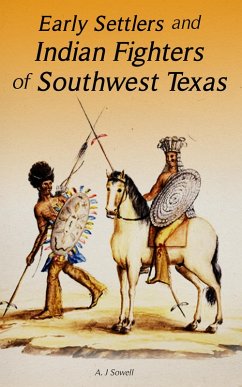
Battle of Waterloo (eBook, ePUB)
Versandkostenfrei!
Sofort per Download lieferbar
0,49 €
inkl. MwSt.
Weitere Ausgaben:

PAYBACK Punkte
0 °P sammeln!
Chesney's account of the Battle of Waterloo was the first example in British literature when both sides of the conflict were given a rigorous, objective analysis. Before this book, all writings on the topic were made of personal memories and formal records, yet, they lacked analysis provided by Chesney. As a result, both sides of the conflict exaggerated the merits of their heroes and diminished the foes' strengths. Chesney gives a clear and dynamic account of the struggle and analyzes Napoleon Buonaparte's tactics and his military chiefs to find out the reasons for their defeat. Unlike other ...
Chesney's account of the Battle of Waterloo was the first example in British literature when both sides of the conflict were given a rigorous, objective analysis. Before this book, all writings on the topic were made of personal memories and formal records, yet, they lacked analysis provided by Chesney. As a result, both sides of the conflict exaggerated the merits of their heroes and diminished the foes' strengths. Chesney gives a clear and dynamic account of the struggle and analyzes Napoleon Buonaparte's tactics and his military chiefs to find out the reasons for their defeat. Unlike other British authors of the time, he analyses the tactics of the Duke of Wellington from the critical point as well, as, for the first time in British literary history, he gives proper credit to Prussians for their share in the victory. Due to the deep analysis and objectivity, this book received wide positive acclaim home and abroad and was translated into several other languages soon after the publishing. For a reader of today to learn the history of those presented in rich detail and objectiveness.
Dieser Download kann aus rechtlichen Gründen nur mit Rechnungsadresse in A, B, BG, CY, CZ, D, DK, EW, E, FIN, F, GR, H, IRL, I, LT, L, LR, M, NL, PL, P, R, S, SLO, SK ausgeliefert werden.













